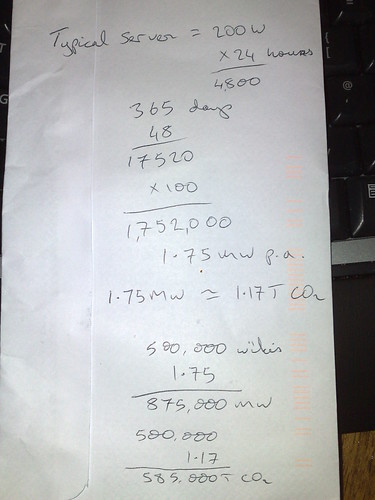Paul Krugman is a famous NY Times columnist. I did a double take when I saw the title of a recent piece: Bits, Bands and Books. He is talking our language:
Bit by bit, everything that can be digitized will be digitized, making intellectual property ever easier to copy and ever harder to sell for more than a nominal price. And we’ll have to find business and economic models that take this reality into account.
Krugman talks to the new business model challenges involved, and he is right to do so. But I think he could usefully think about the green (cutting waste by not overprovisioning and shipping physical goods) arguments behind a Long Tail, digital everything world.
Ironically the open source business model he describes is a lot like RedMonk’s.
Right now, publishers make as much from a Kindle download as they do from the sale of a physical book. But the experience of the music industry suggests that this won’t last: once digital downloads of books become standard, it will be hard for publishers to keep charging traditional prices.
Indeed, if e-books become the norm, the publishing industry as we know it may wither away. Books may end up serving mainly as promotional material for authors’ other activities, such as live readings with paid admission. Well, if it was good enough for Charles Dickens, I guess it’s good enough for me.





